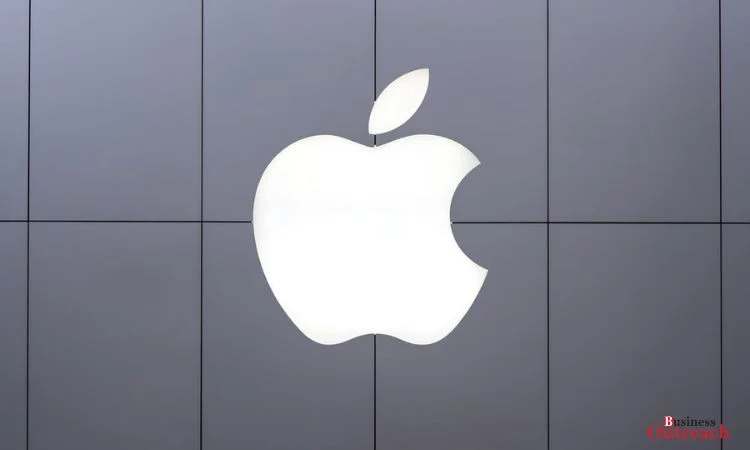At the recent Apple Worldwide Developers Conference (WWDC), significant updates were announced for Siri, Apple’s voice-activated virtual assistant, marking a notable leap in its capabilities and integration. These advancements signal Apple’s intensified focus on enhancing user experience and maintaining its competitive edge in the rapidly evolving tech landscape.

Apple’s CEO, Tim Cook, unveiled a series of updates that are set to revolutionize how Siri interacts with users. One of the most anticipated features is Siri’s ability to understand and execute more complex commands seamlessly. This improvement is attributed to advancements in machine learning and natural language processing, which enable Siri to better comprehend context and deliver more accurate responses.
Furthermore, Siri is being integrated more deeply into the Apple ecosystem. It will now offer more personalized and proactive suggestions across Apple’s suite of applications, enhancing productivity tools like Mail, Calendar, and Notes. For instance, Siri can now suggest actions such as adding calendar events or sending messages based on email content, streamlining user workflows and minimizing the need for manual input.
In line with Apple’s strong stance on user privacy, the new Siri updates come with enhanced privacy protections. Siri processes voice commands directly on the device by default, minimizing data sent to Apple’s servers. This approach not only speeds up response times but also ensures that user interactions remain confidential and secure, addressing growing concerns over data privacy in the digital age.
These updates have significant implications for the broader tech industry, particularly for Apple’s competitors. Microsoft, with its own virtual assistant, Cortana, is notably concerned. While Cortana has pivoted towards enterprise applications, Siri’s enhanced capabilities and user-centric improvements could shift user preference back to Apple’s ecosystem, especially among those seeking robust and intuitive personal assistants.
Moreover, Google Assistant and Amazon’s Alexa, the other major players in the virtual assistant space, are also on alert. Both companies have heavily invested in making their assistants more user-friendly and integrated across various devices. However, Apple’s strong emphasis on privacy and seamless integration with its hardware may provide a distinct competitive advantage, potentially swaying users who prioritize security and a cohesive user experience.
Apple’s strategic vision for Siri aligns with its broader goal of creating a more interconnected and intelligent user environment. By leveraging advanced AI and machine learning, Apple aims to make Siri not just a tool for information retrieval but a proactive assistant capable of anticipating user needs and simplifying daily tasks. This direction is indicative of Apple’s commitment to innovation and user satisfaction, ensuring that its ecosystem remains attractive and competitive.
Additionally, these updates are part of Apple’s long-term strategy to retain and expand its user base. With the smart home market growing, Siri’s improved capabilities and integration could bolster the adoption of Apple’s HomeKit platform, providing a seamless and intelligent home automation experience.
The latest updates to Siri showcased at WWDC highlight Apple’s dedication to pushing the boundaries of what a virtual assistant can achieve. With enhanced functionality, deeper integration, and a strong emphasis on privacy, Siri is poised to redefine user interactions within the Apple ecosystem. These advancements not only strengthen Apple’s market position but also set new benchmarks for virtual assistants, compelling competitors to innovate and improve their offerings. As the tech industry continues to evolve, Apple’s proactive approach ensures that it remains at the forefront, driving both user satisfaction and technological progress.















